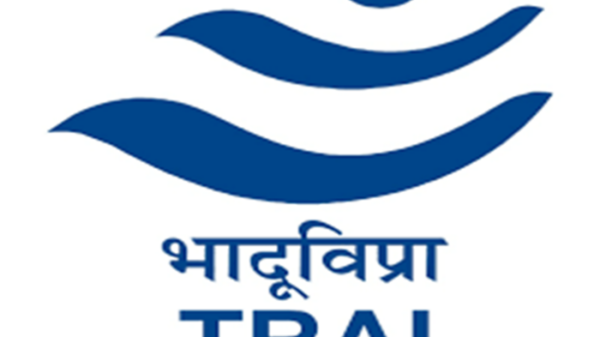The recent Uber case, and the issue that we chased a few months ago about warranties on goods sold online, means that we need to zoom out a little and look at the role of platforms, marketplaces and aggregators, and what they are responsible, accountable and liable for. It's an area that we've struggled to figure out from a consumer protection perspective, but it's also hard to ignore the positive impact that aggregators have had from a competition perspective. Three key points: 1. Digital Aggregators and marketplaces like Airbnb, Snapdeal, Flipkart, Amazon India (in its Indian avatar), JustDial, Getit, Near.in, Uber, Ola, Taxiforsure are good for consumers and competition: They aggregate buyers and sellers, and improve awareness & discovery for buyers, as well the ensuing competition between sellers for a buyer breaks neighborhood monopolies, leads to lowering of prices. Publicly available buyer feedback (ratings and comments) and forces sellers with similar products to improve their service. These aggregators effectively disintermediate big sellers by, as a friend put it, capturing unused capacity. Why should only big retail stores be allowed to sell a larger variety consumer durables to customers, because of shelf space limitations? Why should renting a room be the exclusive mandate of hotels, or only those who've got licenses? The core ideas of platforms like Uber and Airbnb is that citizens can use their resources (like a car for ridesharing and rooms for renting), so that providing these services is not exclusive monopoly of deep pockets or government approvals.…




























